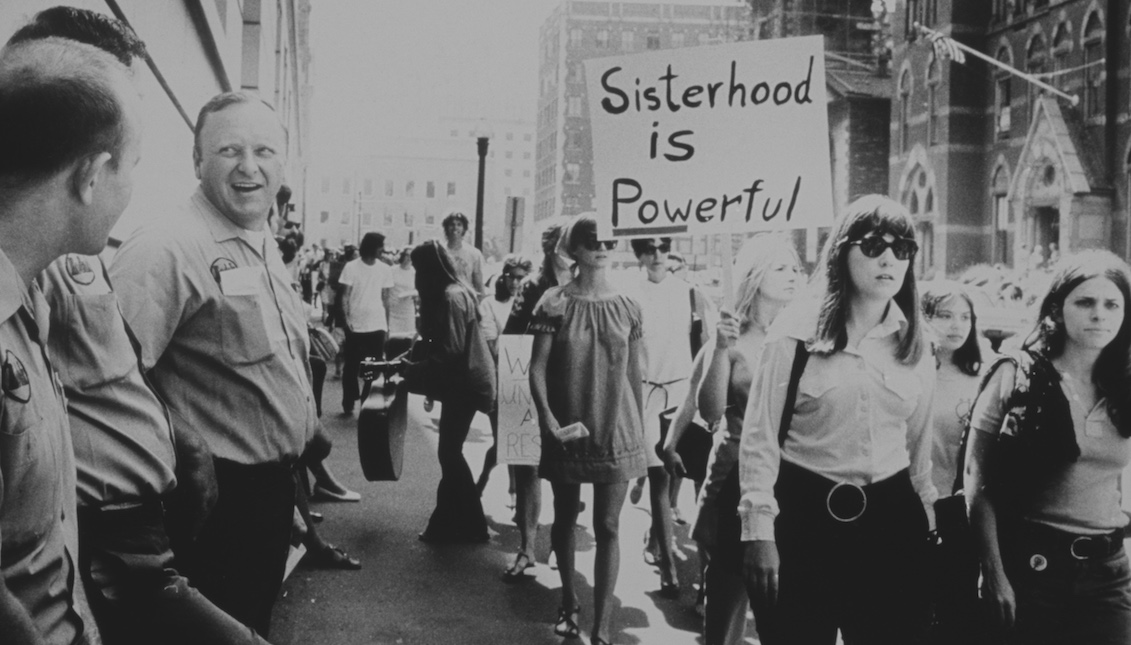
The sad paradox of gender-based violence
A problem for everyone.
The hand is not the hand alone, nor does the foot walk alone. Contrary to what Thing, the character in "The Addams Family", showed, the hand only works because it is linked to all the other parts of the body. The hand cannot function in the same way if it is not in relation, hopefully harmoniously, to the eyelashes, liver, and kidneys; and the clearest proof of this is when that balance is broken, as in advanced diabetes where amputation has to be chosen in favor of the other interconnections of the body. And all these elements, in turn, are composed of billions of cells that depend on each other.
This simple idea is the strongest argument against violence, says Judith Butler in an interview with The New Yorker: "When I do violence to another human being, I also do violence to myself, because my life is bound up with this other life."
The epidemic of femicide that is sweeping the continent is not a problem of women or of the countries where it is most evident, like Mexico, but a problem for everyone. With the murder of each person, a series of links (relational, cultural, economic, etc.) are being undermined, which are fundamental to being who we are and indispensable in order to continue being.
RELATED CONTENT
That's why this time, in Women's Month, we've decided to focus our cover on two Latin American movements of collective mourning for violence against women and defense of life: the Chilean collective LasTesis, with its performance "Un violador en tu camino" ("A rapist in your way") and the National Women's Strike organized in Mexico by Las Brujas del Mar.
In both cases, both in the thousands of women who have sung "The rapist is you" and in the decision of the Mexican women to show their country what a world without them is like, there is a combative gesture that resists, by all means, to be violent. Even there, when revenge seems to make sense, and in this, we still follow Butler's ideas.
They are combative, non-violent gestures because what they do is to take a step forward, a step that requires courage, strength, and energy, without their force being so excessive that it strikes again at the fabric of our relationships.
We rescue these two Latin American movements because they have been resolute in protecting relationships and life, as muscles contract and ache furiously to safeguard the wound.
We present them with pain for the dead women and for all the ties that were broken. With pain for the men and children who also live this violence, for the elderly, for the laughter and the lost stories, for the bonds that will no longer be. But also with hope, because it is in these gestures that we take care of our relationships and new possibilities are born.










LEAVE A COMMENT: